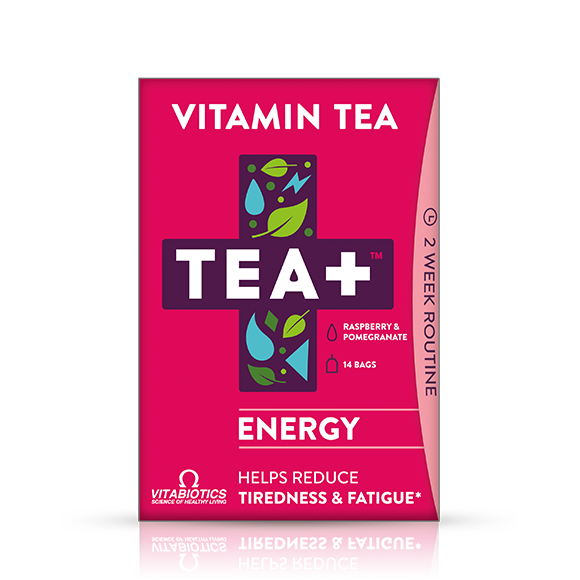Winter can challenge both our bodies and minds, with shorter days, and colder weather. This makes it the perfect time to consider adding vitamins to your routine to support your health during the winter months.
Our immune system often needs extra support during colder months, while reduced daylight can leave us feeling more fatigued. The cold air can also impact the condition of our skin, hair, and nails.
Let’s explore the best vitamins for winter, why they’re important and how to incorporate them into your daily routine.
Vitamins to Take in Winter
Winter can put extra demands on your body, making it important to consider vitamins for winter months that address common challenges like tiredness. Here are the key nutrients to focus on during the colder months:
Vitamin D in Winter
Vitamin D, specifically vitamin D3, is often referred to as the “sunshine vitamin” because our bodies produce it when exposed to sunlight. During autumn and winter, however, sunlight levels are much lower, making it difficult to produce sufficient amounts naturally.The UK Department of Health recommends that everyone should consider a daily supplement of vitamin D especially during the autumn and winter. (Source: www.nhs.uk).
How Vitamin D Helps in Winter:
- Contributes to the normal function of the immune system.
- Supports the maintenance of normal bones and teeth
Vitamin D is found in foods like oily fish, egg yolks and fortified cereals. However, a useful way to safeguard your levels of vitamin D is by taking a supplement.
Vitabiotics offers:
- Ultra Vitamin D 1000IU – Ideal daily support normal immune system function and bone health.
- Ultra Vitamin D 2000IU – A higher strength option for those needing extra support.
Explore Vitamin D Supplements
Vitamin B Complex in Winter
Winter often brings tiredness, lower energy levels and challenges for maintaining healthy skin. Certain B vitamins are especially helpful in addressing these common winter issues.
Key Benefits of Specific B Vitamins in Winter:
- Vitamin B2 (Riboflavin): Contributes to the maintenance of normal skin and the reduction of tiredness and fatigue, helping you combat the effects of dark, cold days.
- Vitamin B3 (Niacin): Supports the maintenance of normal skin and mucous membranes, providing additional protection in winter.
- Vitamin B6 (Pyridoxine): Contributes to the normal function of the immune system and helps regulate hormonal activity, both essential for staying healthy during winter months.
- Vitamin B12 (Cobalamin): Helps to reduce tiredness and fatigue and supports the normal function of the immune system, which is an important consideration especially during the colder months.
B vitamins can be found in foods like leafy greens, eggs, meat and legumes.For extra support, consider adding vitamins for winter fatigue like Ultra Vitamin B Complex to your routine. This supplement provides all eight essential B vitamins in one convenient tablet, including vitamin B2 which helps to reduce tiredness and fatigue..
Shop Vitamin B Complex







